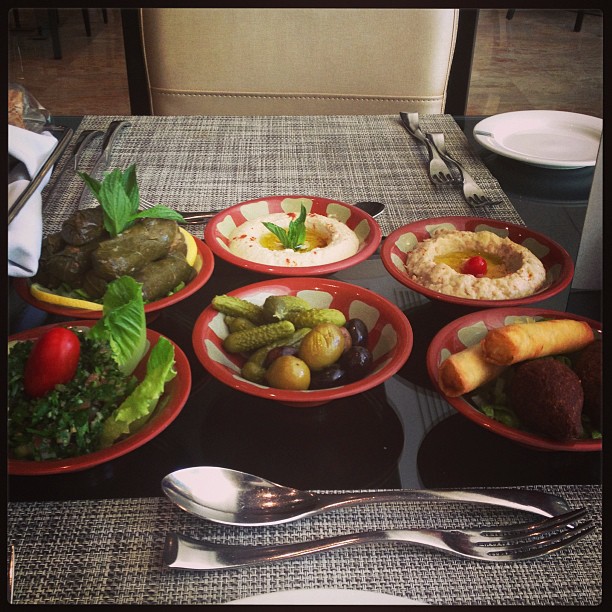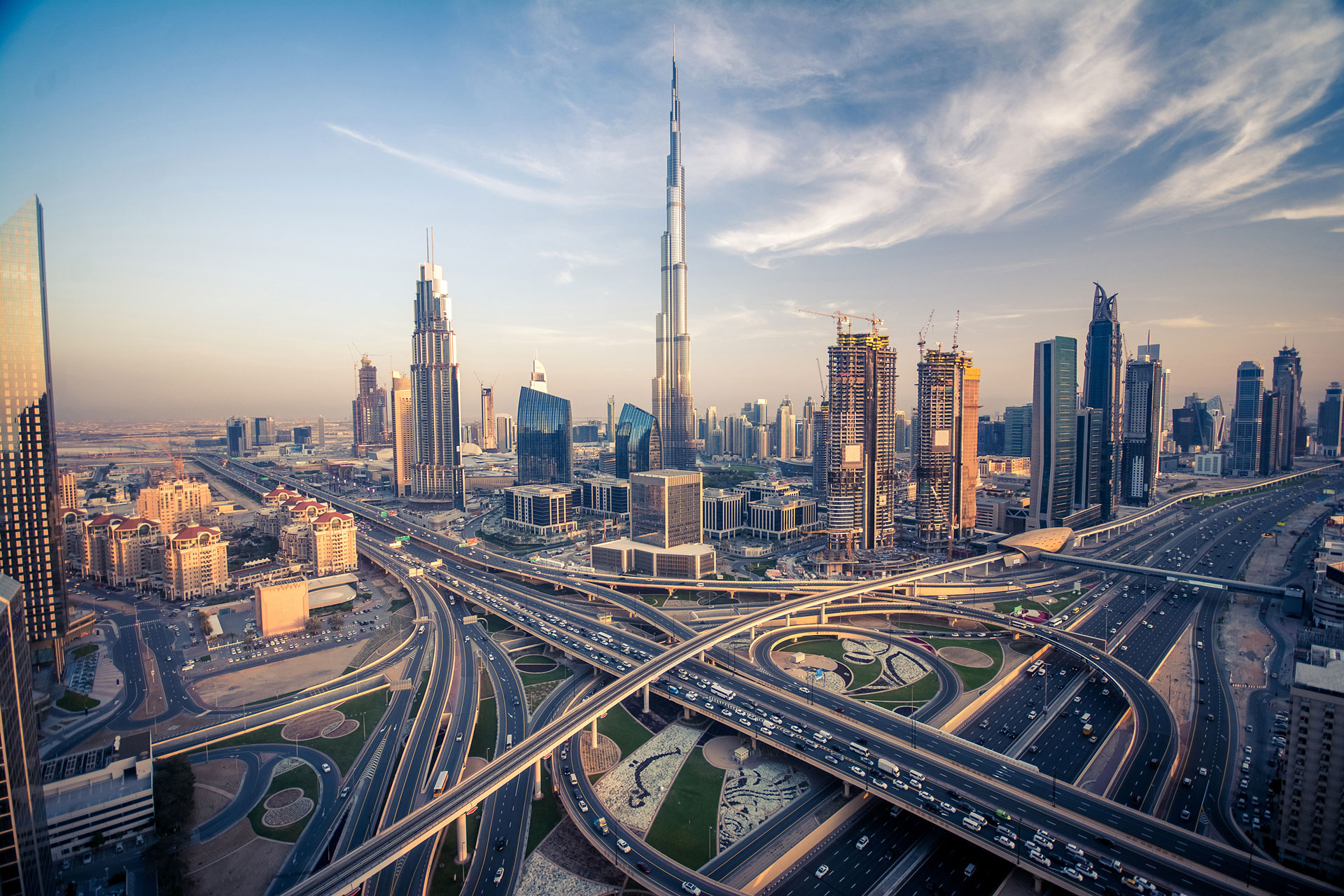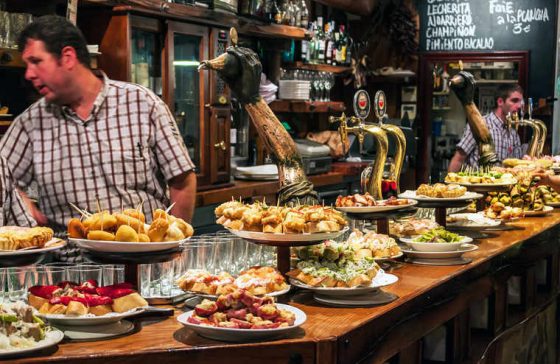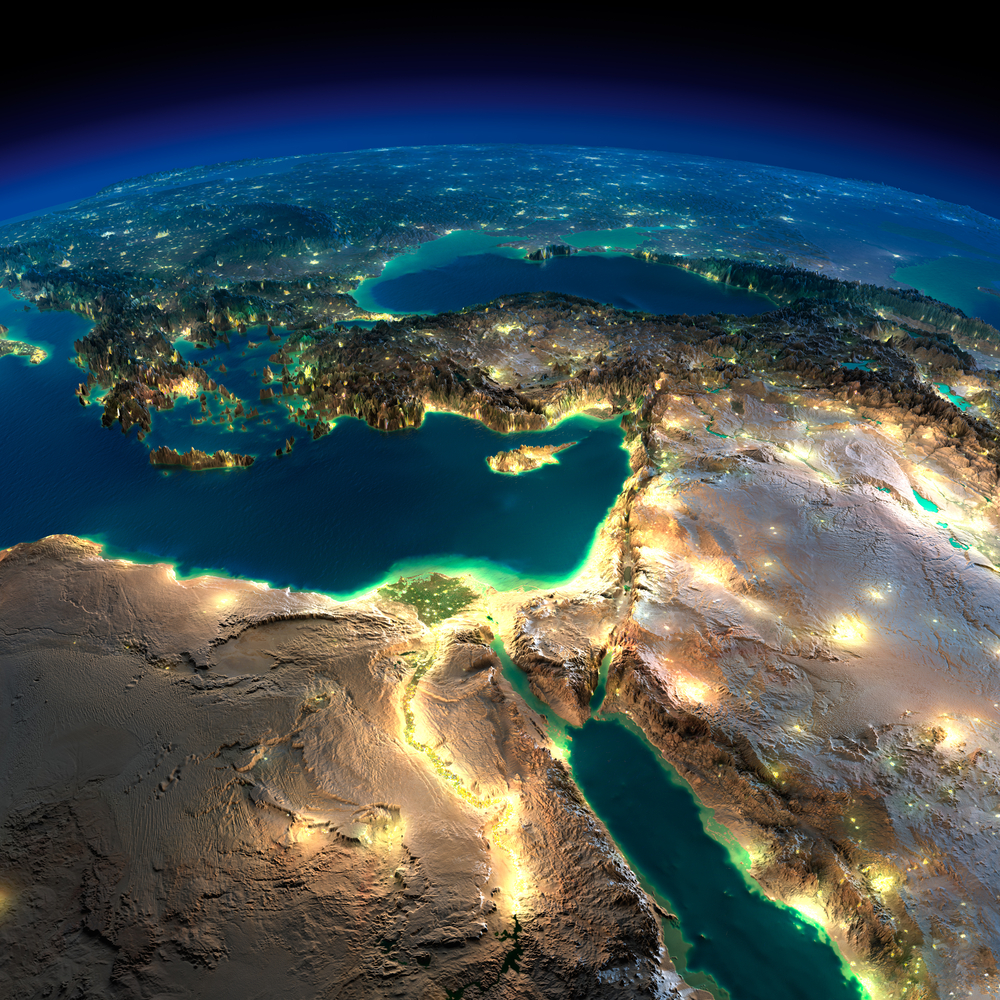The Middle East is home to some of the world’s best tourist destinations, but what do you need to make sure you come prepared? Here are some must-haves for your Middle East adventure.
Change for tipping
Throughout the Middle East and North Africa, tipping – commonly called baksheesh – is a facet of the culture that may catch many visitors off-guard. Guests should be prepared to tip for assumed gratuities, including for taxis and meals, but also for bathroom attendants, airport and hotel porters, and even the bawab, or doorman. Though tourists may think of baksheesh as optional, it is an expected compensation for service sector employees. When you change your money for the local currency, remember to ask for small bills and change to make tipping easier.
Mini-first aid and hygiene kit
Western stores are increasingly found in most areas of the Middle East, yet dealing with pharmacies for the non-Arabic speaker can be difficult and confusing. Consider packing a small first aid and hygiene kit in your pack while travelling. Many bathrooms may not have toilet paper or soap, so keeping personal items and hand sanitizer on hand improves your public restroom experience immensely. Further, whether eating in fine restaurants or enjoying street food, food borne illnesses may still plague travellers. This is not to say that tourists should not enjoy the local food – not to do so would be a shame – but prepare to have some Pepto-Bismol or Tums in your luggage.
Light and modest clothing
The Arab world is home to some to the world’s most ancient religious sites. These must-see locations, including mosques, churches, and shrines, often require that both men and women are dressed modestly. Pants covering the knees and shirts covering the shoulders to the elbow will ensure travellers are welcome in all spaces. Women should also consider bringing a light scarf with them to cover their hair, which may be required within mosques and churches. Temperatures in the summer can rise to over 100 F in summer in many parts of the Middle East, so breathable fabrics are best. Cotton, and more specifically linen, will keep guests comfortable during the hot days and warm during the cool desert nights.
Your best manners
The Middle East is synonymous with hospitality. As such, expect to the treated as a member of the family when you interact with Arab friends and colleagues. For example, intimate gatherings, such as births and weddings, as well as holidays, including Ramadan, justify enormous gatherings with a plethora of food. Expect to be generously fed and hosted while travelling in the region, but do be sure to return the favour. Prepare by bringing small gifts from your home country; popular items include books, small jewellery, and wrapped candies or dried fruits. If you are attending a dinner in someone’s home, bring flowers, a dessert, or a box of chocolates for the host. If you’re welcoming guests to a luncheon or other meal, provide ample food and channel your inner Martha Stewart to make your guests feel at home. Above all, these demonstrations show a true understanding of the culture and appreciation for local customs.
Tiffany Tupper is a culture junkie fixated on global food and travel. She works for an international think tank based in Washington, DC and focuses on the Middle East and North Africa. She is also a facilitator with Soliya, an organisation dedicated to international conflict resolution. She tweets @TupperTiffany. Follow her adventures on Instagram at tiffany_tupper.





